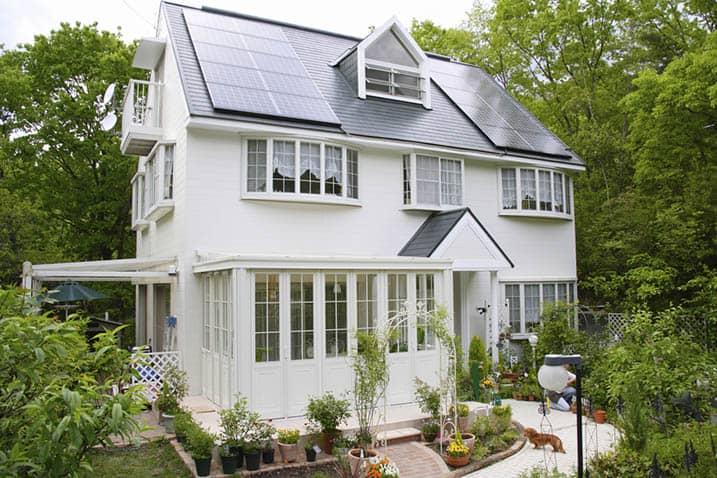Solar-powered Generators: What to Look For

Solar-powered generators let consumers take the power of solar panels with them wherever they go. However, you should purchase one that matches your solar-specific needs, and that can get complicated.
Portable Solar Generators for Camping
For the camping fanatic, portability, weight and charging are determining factors. However, for those who camp with all their essentials in an RV the capacity of the generator is usually most important.
What Makes a Solar Generator Ideal for Camping
Those who backpack should consider a handheld solar battery bank. These will keep a phone, tablet or small electronic device charged. It can also be put on the outside of a backpack, so electronics can charge while hiking.
Campers who drive to their camping location can get more heavy-duty: Solar generators like the Yeti 1400 are heavier, but they also have the option of wheels. Making them perfect for a weekend campout.
They also have the option of being charged either at home, with portable solar panels or with your car. The Yeti can charge several devices at the same time: Tablets, headlamps, cell phones, and laptops to name a few.
The Yeti 1400 is great for larger loads over a smaller amount of time or small loads over long periods of time. It can power a fridge for 23 hours or power several smaller devices at once.
Best Solar Generators and RVs
If glam camping is your thing, a Yeti 3000 may be the solar generator for you. This will power all energy needs and can be recharged with solar panels, a car or an outlet.
This solar generator is more heavy-duty and for good reason. It has twice the power capacity of the Yeti 1400. It can power a fridge for 50+ hours or a TV for about 30 hours. This makes it the perfect companion for boon-docking RVs.
Best Solar Generator for CPAP and Other Emergencies
Emergency use is one of the number one reasons for getting battery backup energy such as a solar generator. The emergency type will determine the amount of power needed.
Why Solar Generators are a Must-have for Emergency Power
Solar generators are great for home medical equipment battery backup. Life-sustaining machines such as CPAPs, infusion pumps and ventilators need electricity. Portable solar generators can provide power to these devices during power outages.
Medical machines, however, aren’t the only reason solar generators are worth considering. Not having a working fridge during a long power outage could cause all the food in it to go bad.
Remote workers can’t even earn an income without power. Having power for essential loads is not just a nice to have, they are a need.
Go Solar Group Battery Backup Options
Because solar panels do not store power for later use, some sort of battery backup is necessary. Go Solar Group has three levels of solar battery backup. Each of these levels matches different customer needs and affordability.
The first level provides portable emergency power. This level comes with a portable Goal Zero battery and a portable solar panel (boulder), so it can be charged by the homes solar array or on the go.
The second level of battery backup from Go Solar Group includes the same battery and boulder, but it also includes up to four battery extensions (tanks). The addition of a tank allows customers with higher energy needs to meet their home demands during an outage.
The last battery backup option is the Tesla Powerwall. This option is best for homeowners who do not receive a 1:1 net metering credit from their utility company.
Whole House Battery Storage
One of the main misconceptions with solar and battery backup is that it will power an entire home. This, however, isn’t the case.
Battery Storage and Solar
It takes quite a bit of power for a home to be fully functional. This is why it takes several large batteries to power a home.
One Powerwall can store up to 14-kilowatt hours of electricity. This is significantly more than a Yeti solar generator would provide, but still not enough to run a house.
When Powering Your Entire Home With Battery Backup is Necessary
To power a home, Tesla suggests using at least two Powerwalls. However, this is dependent on the typical usage of the home.
Most people either use one Powerwall or another form of battery backup in conjunction with the grid. This allows them to have power in an emergency without the expense of battery backup for the entire home.
Currently, only homes already off the grid can economically power the entire home with solar. This is because it costs more to have power-lines brought to the home than to install the needed Powerwalls.



Send a Message
Oops! We could not locate your form.